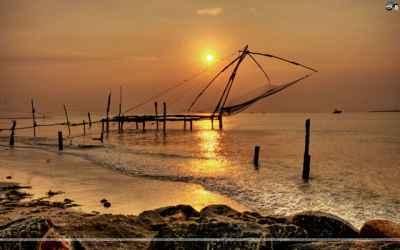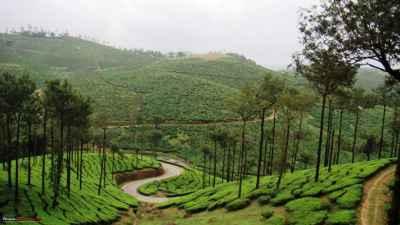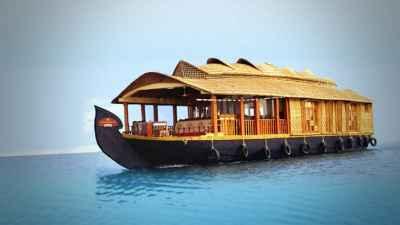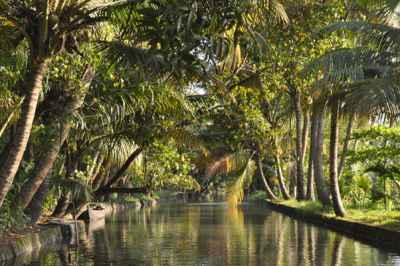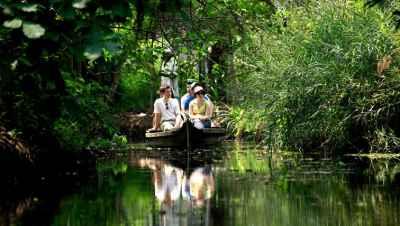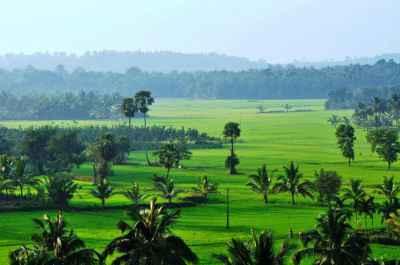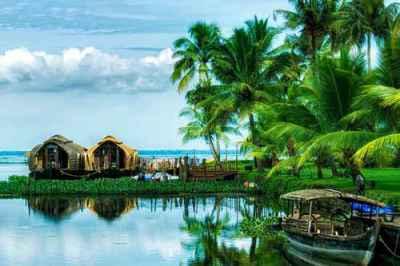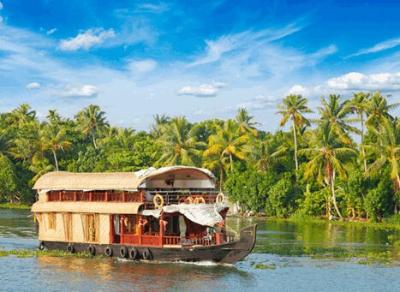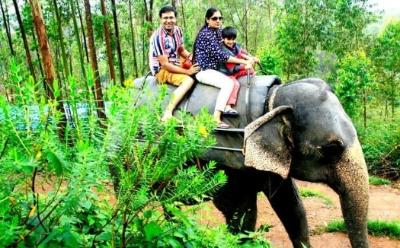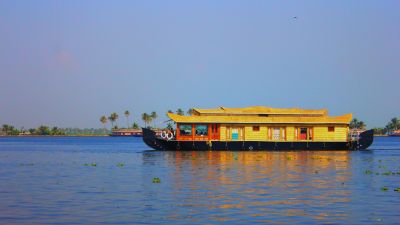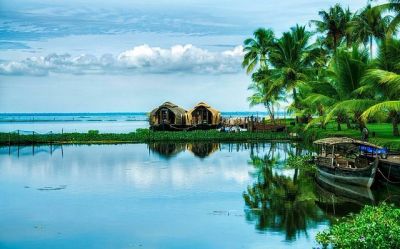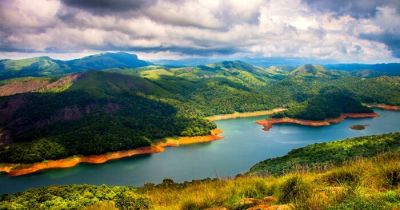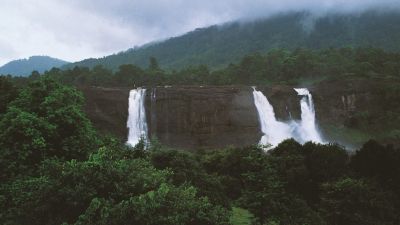How to Create a Sustainable Honeymoon in Kerala
Kerala, known as "God's Own Country," is a perfect destination for newlyweds to embark on a sustainable honeymoon. With its lush greenery, serene backwaters, and abundant wildlife, Kerala offers a unique opportunity to experience the beauty of nature while also conserving it. In this blog post, we will guide you on how to create a sustainable honeymoon in Kerala.
Choose Eco-Friendly Accommodation
One of the first steps in creating a sustainable honeymoon in Kerala is to choose eco-friendly accommodations. There are several resorts and hotels in Kerala that promote sustainability and are committed to conserving the environment. Look for accommodations that have green certifications, such as LEED or EarthCheck. These properties often have energy-saving practices, water conservation measures, and waste management systems in place.
Staying in eco-friendly accommodations not only reduces your carbon footprint but also supports the local community. Many sustainable resorts in Kerala employ locals and source their ingredients from nearby farms, promoting local livelihoods and reducing food miles.
Explore the Backwaters Responsibly
The backwaters of Kerala are a unique ecosystem and a major attraction for honeymooners. To explore the backwaters responsibly, opt for a traditional houseboat made of sustainable materials. Many operators offer eco-friendly houseboats that are powered by renewable energy sources such as solar or wind power. These houseboats have minimal impact on the environment and allow you to experience the beauty of the backwaters while preserving their fragile ecosystem.
When cruising the backwaters, it's important to minimize your impact by avoiding littering or throwing waste into the water. Carry a reusable water bottle and refill it at your accommodation to reduce plastic waste. Also, support local communities by choosing to dine at locally run restaurants along the backwaters, serving fresh and sustainable seafood.
Engage in Wildlife Conservation
Kerala is home to several wildlife sanctuaries and national parks where you can witness the diverse flora and fauna. However, it is crucial to engage in wildlife conservation activities and visit nature reserves that prioritize the well-being of the animals and their habitats.
Choose guided tours led by knowledgeable naturalists who are committed to promoting ethical wildlife tourism. These guides will educate you about the local wildlife, their conservation needs, and the efforts being taken to protect them.
While observing animals in their natural habitat, it's important to maintain a safe distance and avoid disturbing their natural behavior. Refrain from feeding or touching the animals, and follow the guidelines set by the wildlife authorities.
Support Local Artisans and Crafts
Kerala is known for its rich cultural heritage and the skilled artisans who produce intricate handicrafts. Support the local economy and sustainable tourism by purchasing souvenirs directly from these artisans. Choose handmade products crafted using sustainable materials, such as bamboo, coconut shells, or naturally dyed fabrics.
By supporting local artisans, you are not only taking home a unique piece of Kerala's culture but also contributing to the preservation of traditional crafts and livelihoods.
Offset Your Carbon Footprint
Although you may take several steps to minimize your environmental impact during your honeymoon in Kerala, there will still be some unavoidable emissions. To balance out these emissions, consider offsetting your carbon footprint.
Many organizations offer carbon offset programs, where you can contribute funds to projects that reduce or remove greenhouse gas emissions. These projects can include reforestation efforts, renewable energy initiatives, or sustainable agriculture practices.
Conclusion
A sustainable honeymoon in Kerala not only allows you to explore the natural beauty of the region but also helps preserve it for future generations. By choosing eco-friendly accommodations, exploring the backwaters responsibly, engaging in wildlife conservation, supporting local artisans, and offsetting your carbon footprint, you can have a memorable and sustainable honeymoon in "God's Own Country."
So, plan your sustainable honeymoon in Kerala and become a responsible traveler, cherishing the beauty of nature while also conserving it.
Share this post:
Disclaimer : The information provided in this blog is for general informational purposes only. While we strive to keep the content accurate and updated, TravelSetu assumes no liability for errors or omissions. If you believe any part of this blog infringes your rights or causes concern, please notify us immediately at info[at]travelsetu[dot]com so that appropriate action can be taken.
